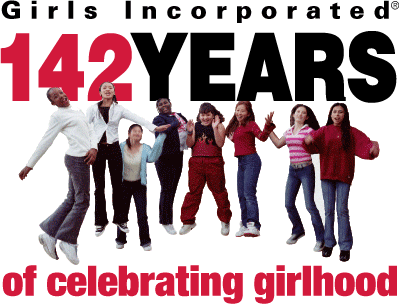“Vanity and pride are different things, though the words are often used synonymously. A person may be proud without being vain. Pride relates more to our opinion of ourselves, vanity to what we would have others think of us.”
Pride and Prejudice by Jane Austen: This rich social commentary is sometimes considered to be Jane Austen's finest novel. Austen sets her entertaining study of manners and misconceptions against the backdrop of a class-conscious society in 18th-century England. Spirited, intelligent Elizabeth Bennet is alternately enchanted and insulted by Mr. Darcy. She is quick to suspend her usual, more rational judgment when it comes to him. She also is quick to believe the worst gossip about this haughty, opinionated man, who soon manages to alienate Elizabeth and her family. But is the condescending air that Mr. Darcy wars an indication of his real character? Or has Elizabeth's pride gotten in the way of her chance for true romance?
Discussion Questions:
1. Lydia and Wickham pose a danger to the Bennet family as long as they are unmarried and free. But as a married couple, with little improvement in their behavior, this danger vanishes. In Pride and Prejudice marriage serves many functions. It is a romantic union, a financial merger, and a vehicle for social regulation. Think about all the marriages in the book with respect to how well they are fulfilling those functions. Is marriage today still an institution of social regulation?
2. What are your feelings about Mr. Bennet? Is he a good father? A good husband? A good man?
3. Elizabeth Bennet says,".... people themselves alter so much, that there is something new to be observed in them for ever."Do any of the characters in the book change substantially? Or do they, as Elizabeth says of Darcy, "in essentials" remain much as they ever were?
(Adapted from Norton Critical Editions and Penguin Classics Edition and photo from My Book Covers by Megan Wilson)



